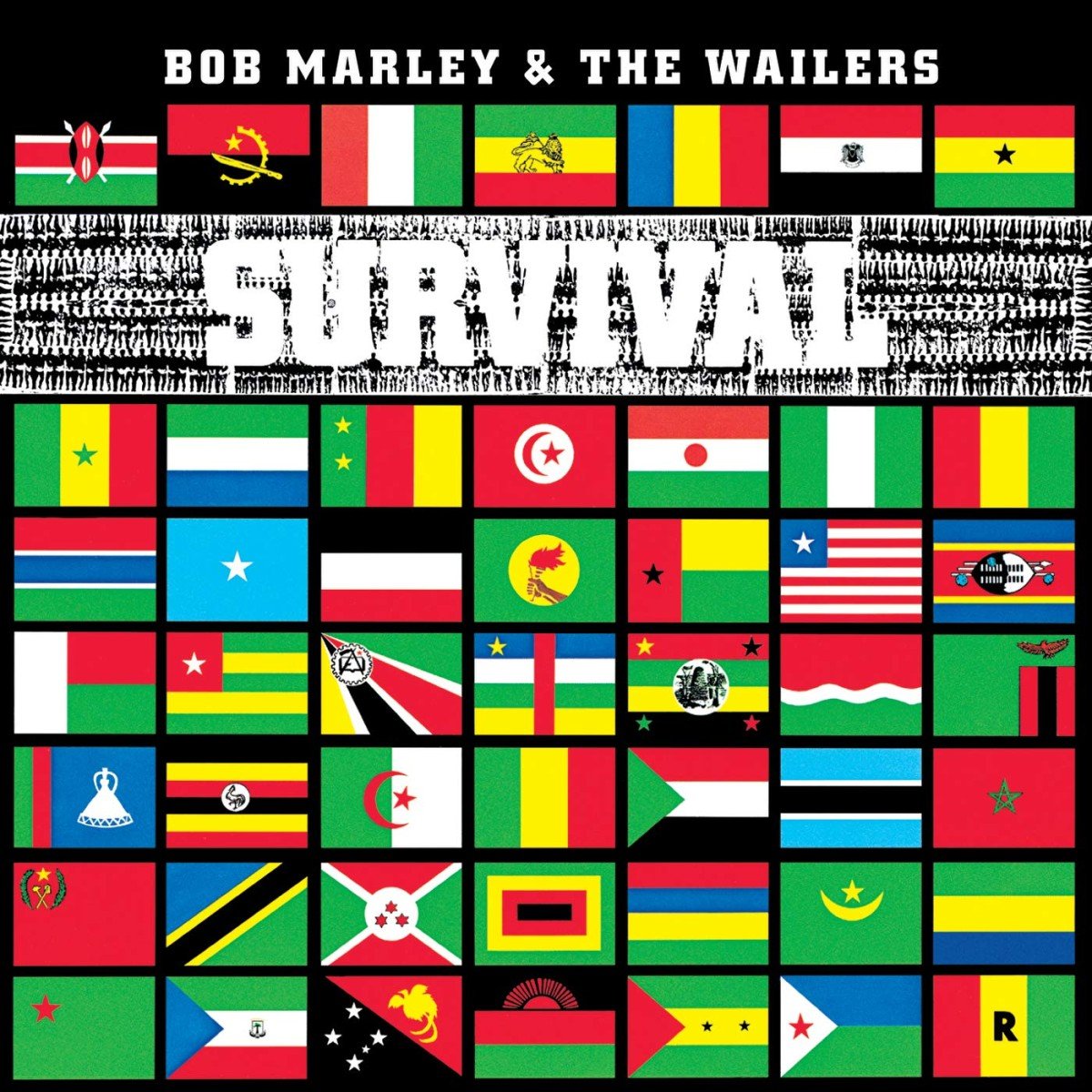Bob Marley’s Most Defiant Album Just Went Gold In The UK

Bob Marley and the Wailers’ Survival, often described as the Reggae group’s most defiant and politically charged album, is now certified Gold in the United Kingdom.
According to the British Phonographic Industry (BPI), the album, released in October 1979 as the group’s 11th studio project, was issued the BRIT Certified Gold award on Friday, July 11, after it sold more than 100,000 copies in the UK as measured by The Official Charts Company.
From the outset, Survival was unapologetically militant. According to Marley’s official website, the 10-track album was controversial even in its packaging: the jacket, by the late art director Neville Garrick, featured the flags of African nations and a stark diagram of a transatlantic slave ship’s hold — a visual reminder of Africa’s stolen generations.

The music inside matched the imagery, addressing the struggles of African liberation movements and calling listeners to action.
The A-side delivered some of Marley’s most potent anthems: So Much Trouble in the World, Zimbabwe, Top Rankin’, Babylon System, and the title track Survival. The B-side continued with Africa Unite, One Drop, Ride Natty Ride, Ambush in the Night, and the rousing closer Wake Up and Live, co-written with Anthony “Sangie” Davis.
The seeds of Survival were planted during Marley’s time in Africa in 1978.
As documented by Stephen Davis’ 1983 biography, Marley had traveled to Ethiopia and immersed himself in the history and struggles of the continent, visiting Shashamane, attending pro-liberation concerts, and absorbing the political climate in Ethiopia and Zimbabwe. He saw firsthand the impact of colonialism and white-minority rule, particularly in then-Rhodesia (now Zimbabwe).
When Marley returned to Jamaica, he threw himself into recording at Tuff Gong Studio. Sessions for the album — then tentatively titled Black Survival — were intense.
“It took six months to complete the new album. Bob wanted it to sound as hot and as black as Stevie Wonder’s sounded. And when it was released that summer as Survival, in order to appeal to Bob’s white audience as well as the new black one he was courting, he got his wish. The music made at Tuff Gong studio was so alive that it seemed to jump out of the speakers,” Davis wrote.
Notably, the song Zimbabwe, written before the country’s liberation, became an anthem of freedom for the people of Rhodesia, and Marley famously performed it at the country’s independence celebrations in April 1980.
Survival also marked a new chapter for Marley in his outreach to black audiences outside Jamaica. His 1979 tour supporting the album included the Apollo Theater in Harlem, a symbolic return to black America, where Marley sought to strengthen ties between the African and African-American struggles.
This latest Gold certification adds to Marley’s impressive UK achievements. The albums Catch a Fire (1973), Natty Dread (1974), Rastaman Vibration (1976), Exodus (1977), Kaya (1978), and Uprising (1980) are also currently certified Gold in the country.
